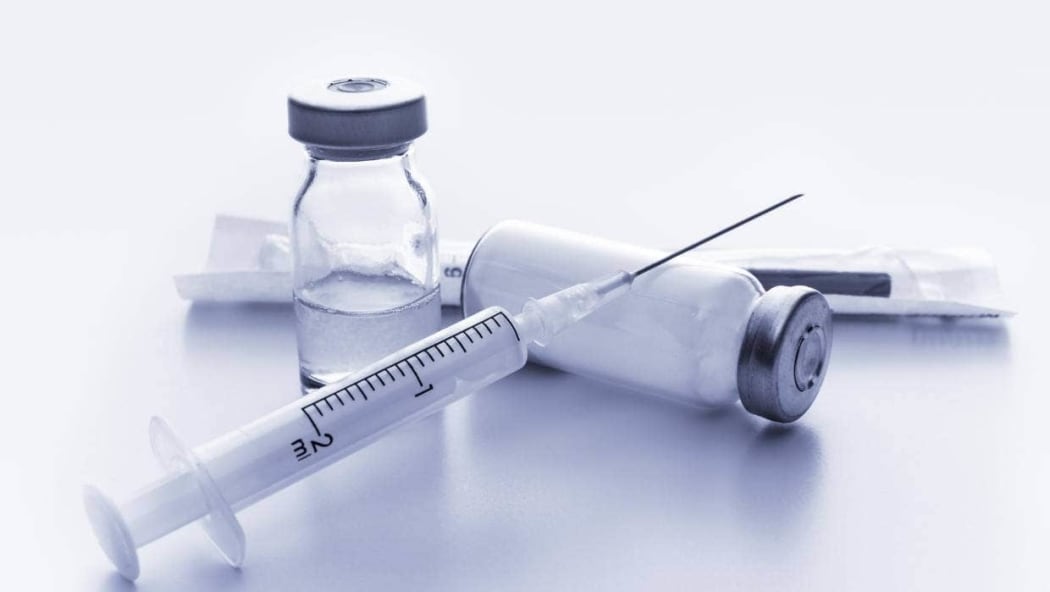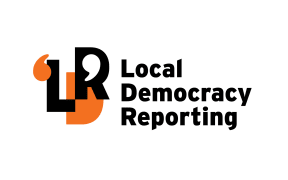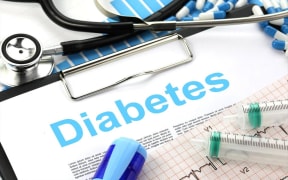The Counties Manukau DHB estimates the Ministry of Health has underfunded it by $300 million over the past decade, which has affected its ability to treat chronic illnesses such as diabetes.

Photo: LDR
The figures were included in a report to the DHB by Counties Manukau Health's director of population health Dr Gary Jackson.
A spokesman for the Counties Manukau DHB said the funding shortfall had been an ongoing problem for a number of years and was a result of the undercount of the area's population in the Census.
The undercount affects the amount it receives from the Ministry of Health under its population-based funding formula and therefore, how much it has to spend on the treatment of diabetes and other chronic conditions.
"Stats NZ has had some difficulty in providing accurate population counts for the past 10 years, both at Census time and via internal migration tracking," the spokesman said.
"These inaccuracies have unfortunately more adversely impacted areas consisting of more precarious populations (especially Māori and Pasifika) who are less likely to engage, and so less likely to be counted."
And while a range of factors are included in the ministry's funding formula, diabetes is not one of them.
According to the Ministry of Health, there were 47,988 people with the disease in Counties Manukau in 2020, the highest number for any district health board in New Zealand.

There were 47,988 people with diabetes in Counties Manukau in 2020, the highest number for any district health board, the Ministry of Health says. Photo: 123RF
The DHB is now seeking an extra $138m in funding from the Ministry of Health to improve diabetes treatment and primary healthcare services and to fight obesity.
"This has been discussed at board level and sent to the Ministry of Health, and focuses specifically on seeking funding to address the inequities that do exist," the spokesman said.
Health commentator and former Association of Salaried Medical Specialists executive director Ian Powell said while the Ministry of Health's population-based funding model is generally quite effective, it is far from perfect.
"It all depends on the reliability of your data, and because the Census is only done every five years the reliability of data reduces over time," he said.
Powell said the ministry also considers additional factors, including the socio-economic status, age, gender and ethnicity of an area's population. But there is currently no allocation for chronic illnesses like diabetes.
He said as the number of diabetes patients increased year on year in areas such as Counties Manukau, it would only add to treatment cost pressures.
Funding shortfall 'a major issue'
Diabetes Foundation Aotearoa chairman Dr John Baker said it was frustrating to hear about the DHB's $300m funding shortfall.
"We've been saying it's been a problem for a long time," he said. "It's a major issue that successive governments haven't addressed."
Baker said long-term conditions like diabetes should receive dedicated funding from the Ministry of Health and the focus should be on preventative medicine to help reduce the increasing numbers of people with the disease.
Ministry of Health Associate group manager of DHB planning, funding and accountability Jess Smaling said the population-based funding model helps provide a large proportion of district health board funding.
She said Statistics New Zealand provides updated population projections annually and that allows health boards to respond to the needs of their people.
"But it does not determine the overall level of funding DHBs receive [which is determined by the Budget process] nor how DHBs spend it."
Smaling said the treatment of long-term conditions like diabetes had to be managed within the funding allocated.

Local Democracy Reporting is a public interest news service supported by RNZ, the News Publishers' Association and NZ on Air.






